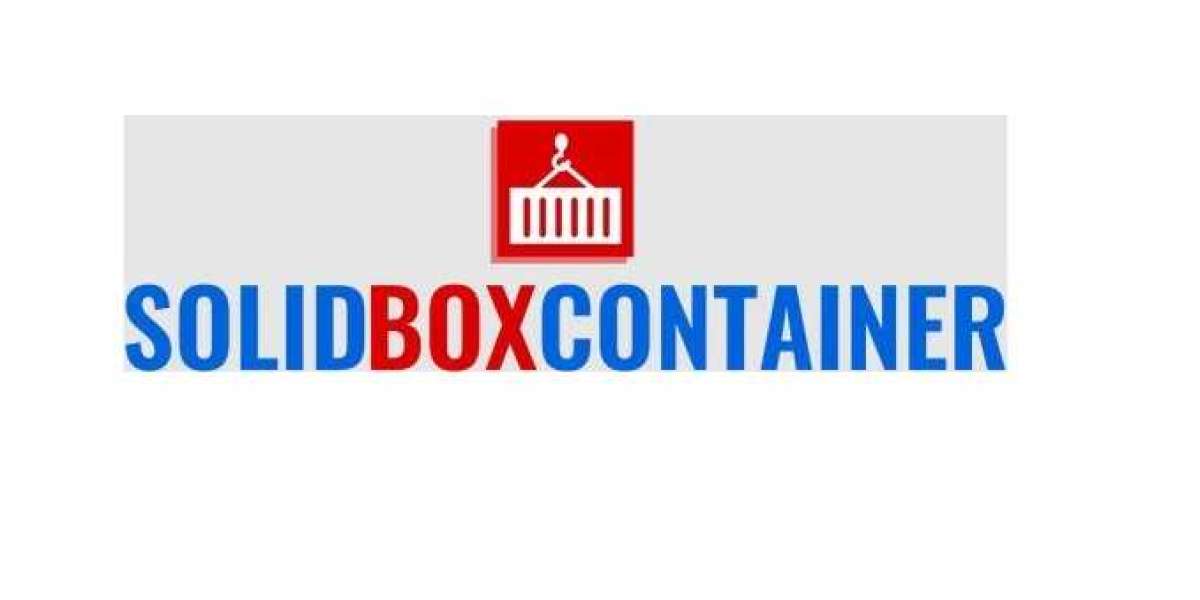In the aerospace industry, where precision and safety are paramount, adhering to rigorous quality standards is not just a best practice but a necessity. The AS9100 certification stands as the gold standard, ensuring that aerospace companies maintain the highest levels of quality management systems. Let's delve into what this certification entails and why it's crucial for companies operating in this sector.
What is AS9100?
AS9100 is a standardized quality management system developed specifically for the aerospace industry. It is based on the ISO 9001 quality management system but includes additional requirements relevant to aerospace organizations. These requirements focus on aspects such as product safety, reliability, regulatory compliance, and traceability throughout the supply chain.
Key Components of AS9100 Certification:
Quality Management System (QMS) Documentation: AS9100 requires thorough documentation of processes, procedures, and policies related to quality management. This documentation ensures consistency and transparency in operations.
Risk Management: Aerospace projects inherently involve risks. AS9100 mandates robust risk management processes to identify, assess, and mitigate risks effectively, thus enhancing product and operational safety.
Supply Chain Management: AS9100 certification emphasizes the importance of a well-managed supply chain. Aerospace companies must ensure that their suppliers adhere to stringent quality standards to maintain the integrity of the final product.
Continuous Improvement: Continuous improvement is at the core of AS9100. Companies must regularly assess their processes, identify areas for enhancement, and implement measures to drive ongoing improvement in quality and efficiency.
Benefits of AS9100 Certification:
Enhanced Reputation and Credibility: AS9100 certification signals to customers, regulators, and stakeholders that a company is committed to delivering products and services of the highest quality and safety standards.
Improved Operational Efficiency: By adhering to AS9100 requirements, companies streamline their processes, reduce waste, and optimize resource utilization, leading to improved operational efficiency and cost savings.
Access to New Markets: Many aerospace contracts and projects require AS9100 certification as a prerequisite. Achieving certification opens doors to new business opportunities and markets, both domestically and internationally.
Risk Mitigation: With its focus on risk management, AS9100 helps companies identify potential hazards and vulnerabilities early in the process, allowing for proactive measures to mitigate risks and prevent costly errors or accidents.
Conclusion:
AS9100 certification is not merely a badge; it's a commitment to excellence in the aerospace industry. By adhering to its stringent requirements, companies can elevate their performance, ensure product integrity, and maintain the highest standards of safety and reliability. In an industry where precision and quality are non-negotiable, AS9100 certification is the cornerstone of success.








